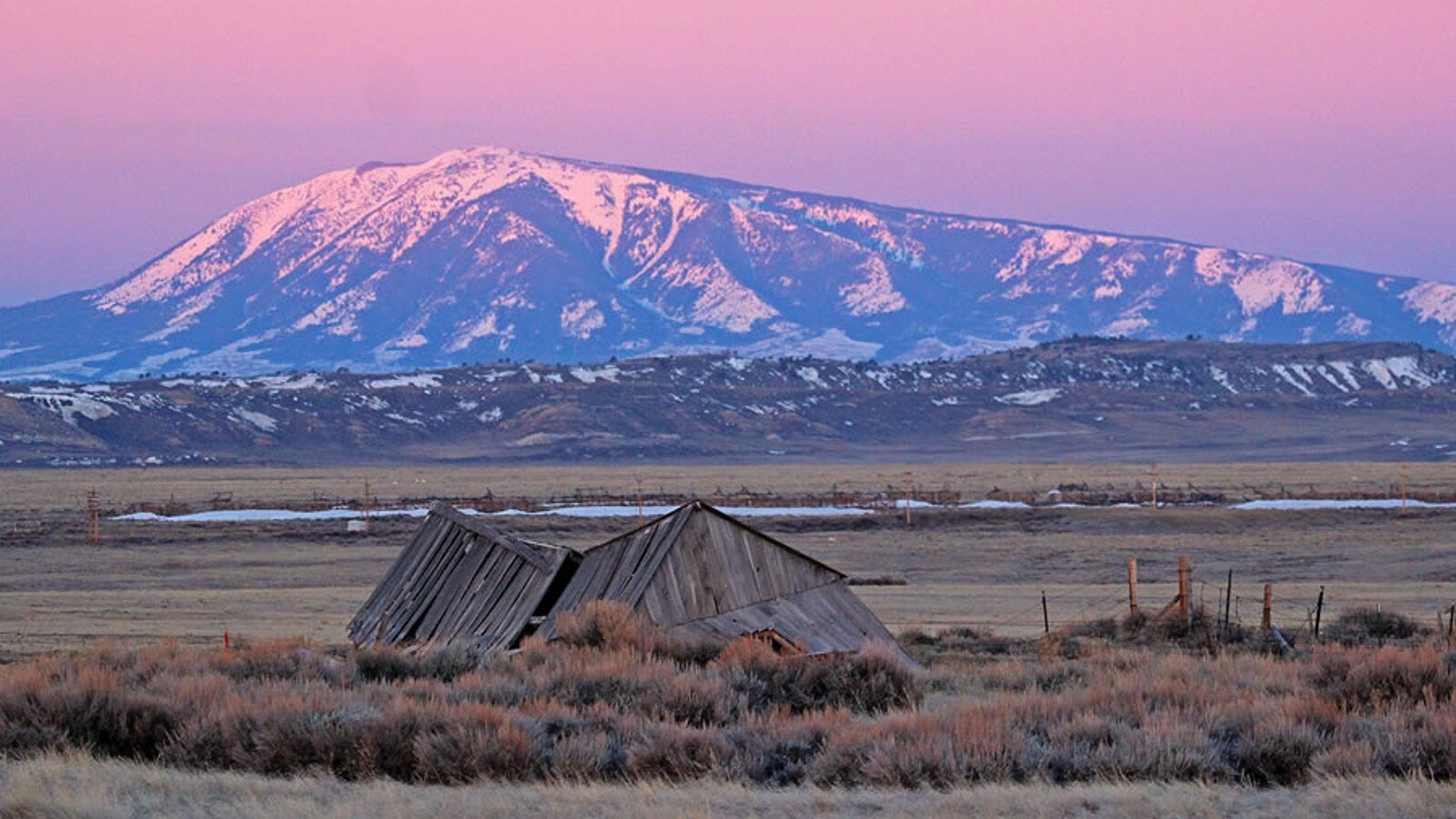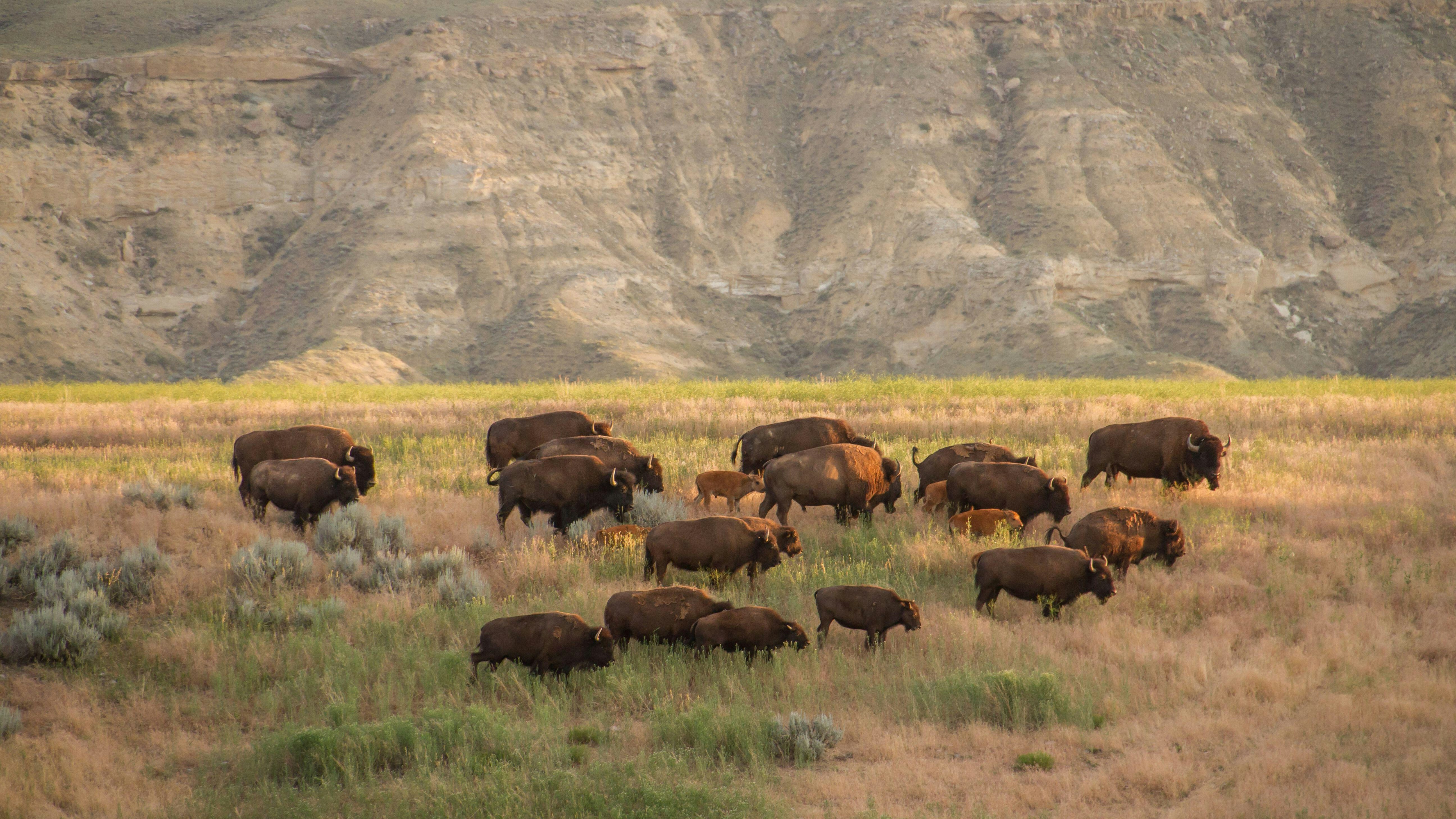The lawsuit filed against four Missouri hunters because they allegedly violated the airspace of private land in Carbon County will stay in federal court, a judge ruled Thursday.
Judge Scott Skavdahl ruled against an attempt by Iron Bar Ranch to return the lawsuit to a state court, finding the claims of damages suffered by the private landowner put the lawsuit under the jurisdiction of U.S. District Court.
“Based on (Iron Bar’s) claim that it has suffered more than $50,000 in damages, (Iron Bar’s) claim that (the hunters’) corner crossing has clouded title to its lands, and … the cost to (the hunters) if the requested declaratory and injunctive relief is granted, the Court has little difficulty finding by a preponderance of the evidence that the monetary amount that will be put at issue in the course of this litigation exceeds $75,000,” Skavdahl’s order said.
The lawsuit is the last remaining legal action stemming from allegations that hunters Bradley Cape, Zachary Smith, Phillip Yeomans and John Slowensky trespassed when they used a ladder-like device in September 2021 to move between two pieces of public property without touching neighboring private property.
The four were charged with criminal trespass in state court and a jury found them innocent of all charges.
Separately, Iron Bar filed a lawsuit against the four in state district court, seeking damages on claims the four violated Iron Bar’s airspace when they crossed from one piece of public property to another.
The hunters successfully moved the lawsuit to federal court, arguing it has to do with federal laws that prohibit private landowners from blocking access to public lands.
Iron Bar asked that the case be returned to state district court, saying it was seeking damages against the hunters based on alleged violations of Wyoming’s trespass laws, not federal laws.
Several conditions must be met to file a case in federal court, among them that the parties in the lawsuit come from different states and that damages being sought in the case exceed $75,000.
Skavdahl, quoting from Iron Bar’s lawsuit, said Iron Bar claimed the corner crossing caused it damages in an amount “exceeding the minimal jurisdictional limit of” Wyoming courts, which is $50,000.
In addition, Iron Bar asked that the hunters pay the ranch’s legal fees.
Finally, since Iron Bar asked for a declaratory judgment in its favor and an injunction against similar activity in the future, the court has to add in what those requests would cost the hunters, Skavdahl said.
“If (Iron Bar) prevails, (the hunters) would be effectively barred from accessing the landlocked public lands on which they enjoy hunting,” his order said. “Such access to public lands has value to (the hunters), who traveled from Missouri to Wyoming to engage in recreation on public lands, and that value must be included when determining the amount in controversy for this case.”





